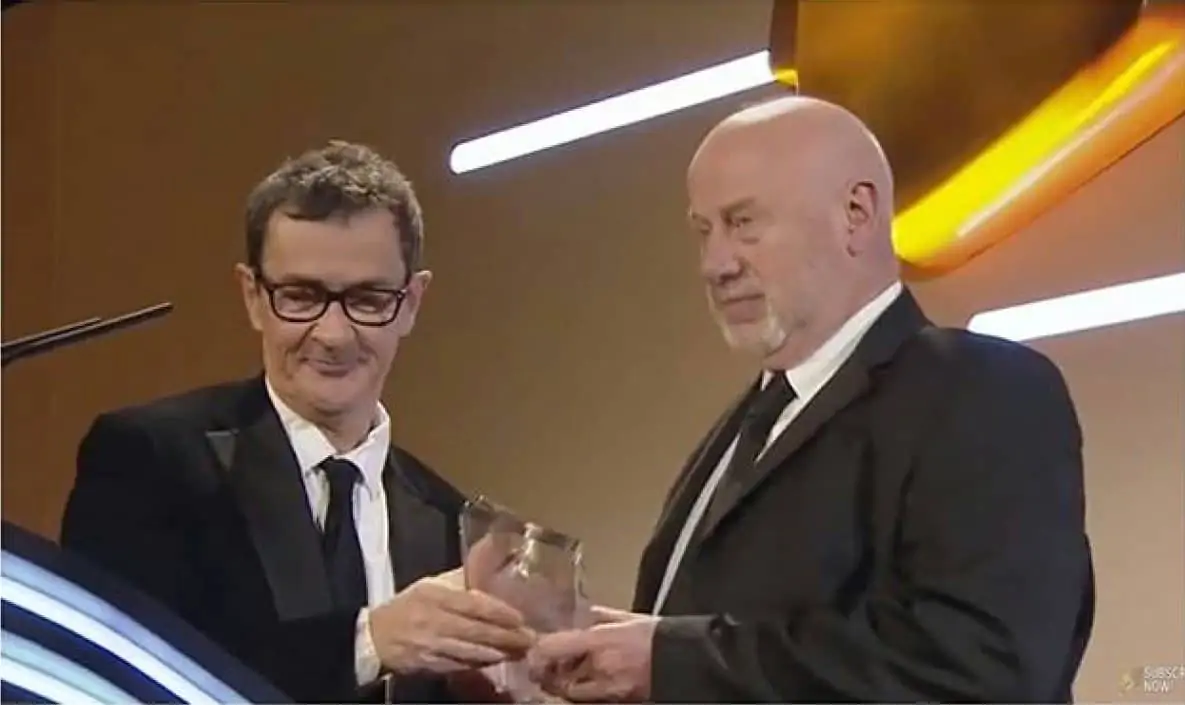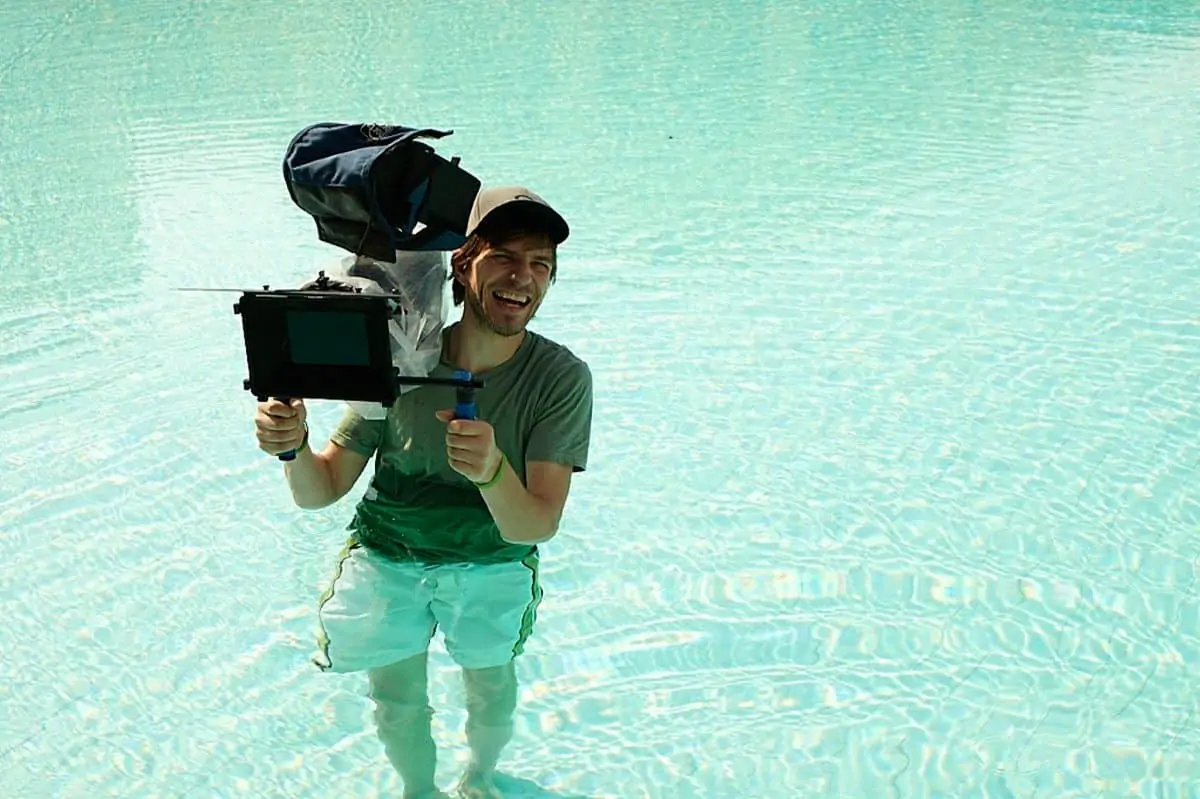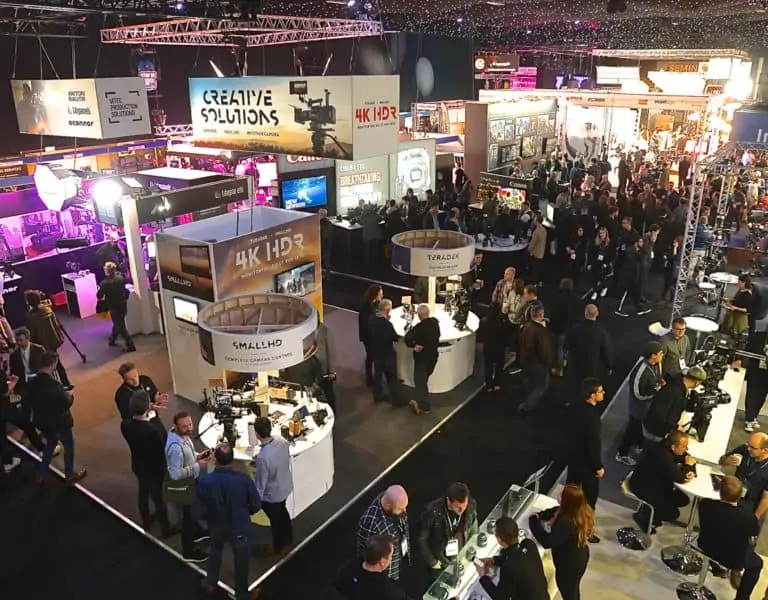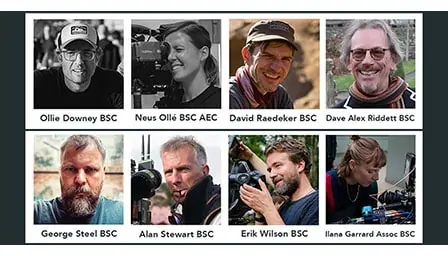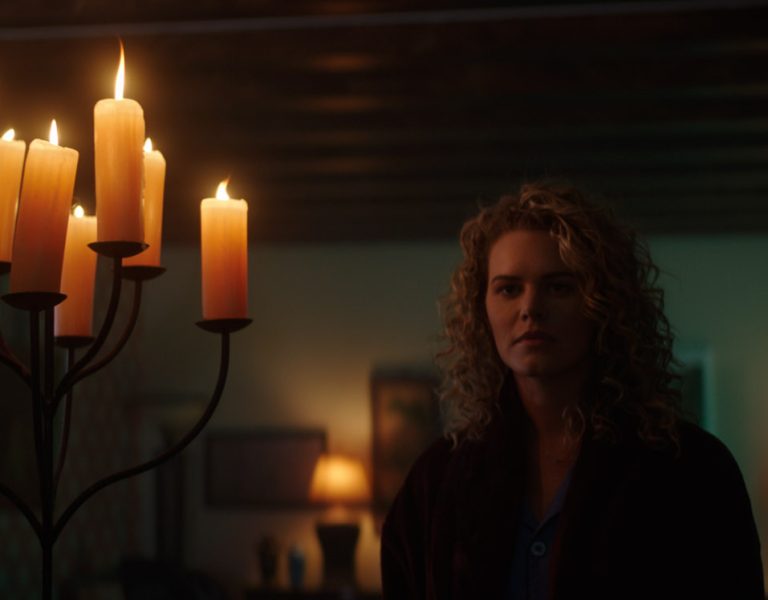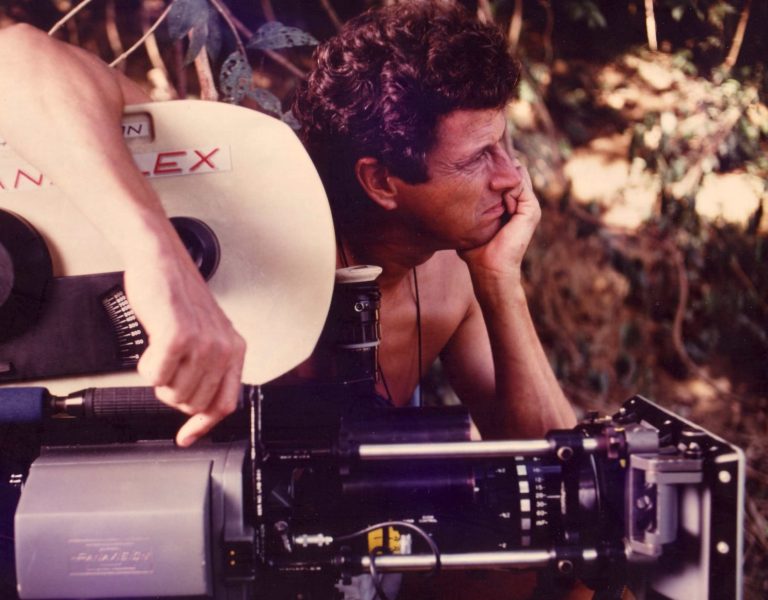CALLING FOR CHANGE
The tide is clearly turning towards a transition to a carbon neutral future, although not fast enough. Meaningful actions are yet to follow lip service and greenwashing, says David Raedeker BSC.
When working on a TV drama throughout the pandemic, I was impressed by how well and quickly the film industry organised itself. I felt privileged and altogether much safer on set than in public spaces. Although some productions had to temporarily shut down, I have not heard of any major outbreaks in the film industry. We certainly are good at organising.
Could we apply the same urgency and progressiveness to the climate crisis? The threat is as imminent and the warnings are stark: The UNFCC has recently reported a red alert, the world is out of touch with the Paris agreement. Following our current trajectory, we will reduce carbon emissions in 2030 only by 1% instead of the Paris ratified 45% for avoiding a climate crisis. This means that in between 2030-2050 we will pass the 1.5 degrees warming threshold (at the moment it’s at 1.2 degrees). If you ignore imports, aviation and fossil fuel investments, Britain is doing well compared to other countries on per capita CO2 emissions. Nevertheless, it still is not living up to its legal commitments towards the Paris Agreement.
There is not much doubt that the future looks sinister – material for disaster movies. On the other hand, the tide is clearly turning towards a transition to a carbon neutral future, although too slow. Most crew I meet are sympathetic to this, but many have not yet digested the seriousness of the situation. Meaningful actions are yet to follow lip service and greenwashing.
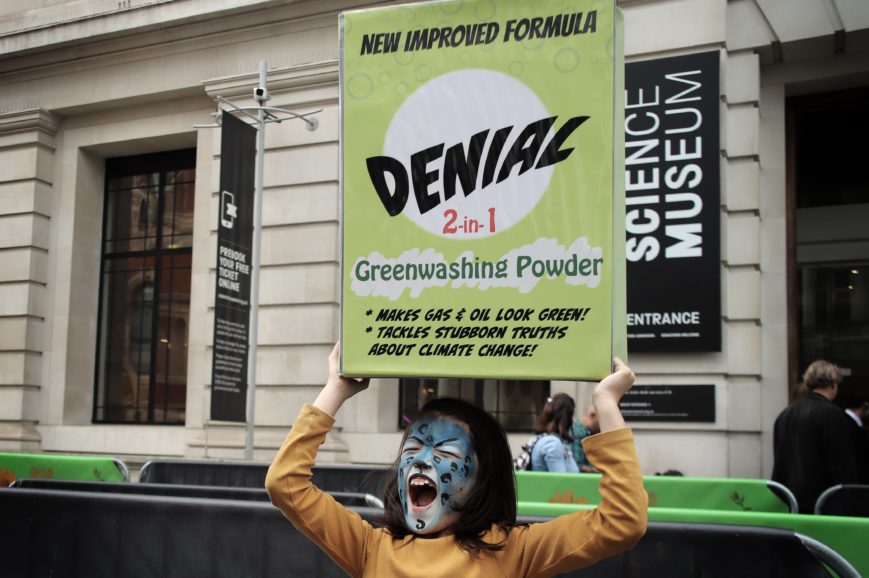
How can we make the urgency more visible as we have done with the COVID threat? Not only is our future film industry in jeopardy, in this very year we are living through a threshold which will determine the future for us all. This means each individual person – not just our children.
Change needs to come from all sides, production as well as crew. And that doesn’t just mean recycling our rubbish. We need to demand a sustainable workplace just as we demand a safe working environment for ourselves and our crews. Time is not on our side – we all need to open up to sustainable working practices and help a speedy transition to a sustainable new normal, bringing our carbon budget in line with the Paris Agreement.
Political awareness to change the course of super-polluters such as China and the US will of course be necessary as well. But maybe we leave this to the politicians and Cop 26.
BAFTA’s Albert – an industry consortium that is leading a charge against climate change – has done some brilliant groundwork to help this process with many initiatives. I highly recommend their online climate talk for the film industry – a good introduction to the science behind it. On their website you find a wealth of other information for crew in general as well as catered directly to the camera department.
One Albert initiative is Creative Energy which promotes renewable electricity by offering a special deal to the film industry through a green supplier. All it takes for the facility or studio to change energy suppliers is to sign up through Creative Energy. With very little effort and small extra cost, which could be recuperated, this easy first step for a studio could create big carbon savings of up to 70% as well as laying the foundation to mitigate the biggest polluter in the industry: travel. Electrifying our cars could massively help to cut a typical film production’s travel carbon impact of around 50% of total emissions, but to make this more viable we need more charging points at our studios powered by renewable energy.
I believe only a handful of the major studios use truly renewable energy: Ealing Studios, Wolf Studio Wales, IMG Studios, Wardpark Studios, and soon OMA Studios (please excuse any omissions). Great Point (Seren) Studios has taken over a wind turbine from its predecessor. They generate almost all their electricity themselves plus feed a substantial amount back to the grid. The potential for studios to become self-sustainable up to Passivhaus Plus level, which means generating their own energy and heat in house, is technically already achievable.
Back to electricity. At this point in time, most major studios such as Pinewood or Warners use either conventional electricity or have their renewable electricity guaranteed through Rego Certificates. Regos were once a good idea to incentivise the renewable energy market, however they have become dysfunctional and mislead customers and are now often simply a loophole allowing electricity suppliers to legally call their energy renewable.
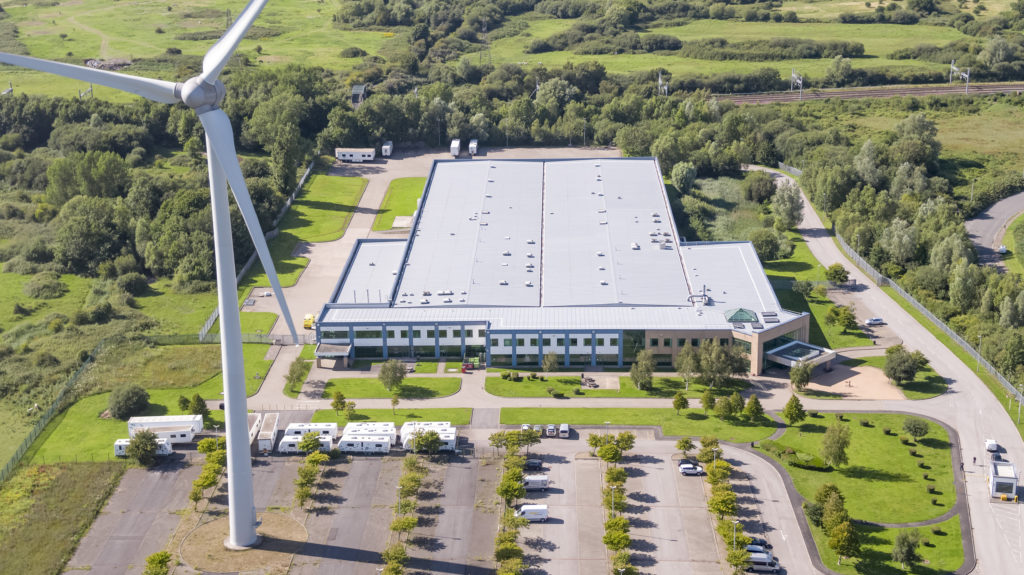
Rego certificates are openly traded on the market, costing the energy provider typically around 0.25% of the bill they charge to offset and call their tariff renewable. Effectively, this is an accounting trick. Truly renewable energy providers such as Ecotricity and Good Energy source at least 75% directly from renewable energy suppliers such as wind farms, solar farms, and hydro plants guaranteeing that you really pay for renewable energy. They also heavily reinvest their profit into renewables to expand their supply.
What can you do about the climate crisis? Give up, because it is all too late, leave it to others or refuse to believe the scientific consensus? This would distort the situation, not all is lost. Or you might have already taken some measures into your own hands?
In the workplace, why don’t you ask your line producer where the electricity is coming from? I believe this led to Ealing Studios signing up to renewable electricity. On a personal level, why not transfer your own household energy over to a truly renewable supplier? It takes no more than 10 minutes on the internet and makes a massive difference (for more guidance, visit Which or Cut It).
(David Raedeker BSC is not affiliated with any energy provider)

